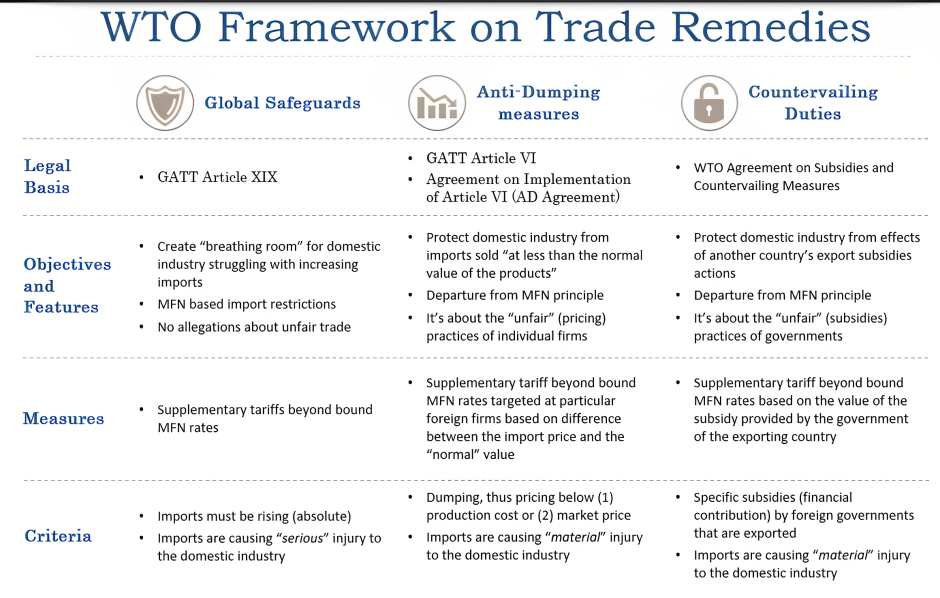Anti-dumping Duty | 15 Nov 2025
India has imposed a five-year anti-dumping duty on hot-rolled steel imports from Vietnam after investigations confirmed that unfairly low-priced imports were harming the domestic steel industry.
- The decision follows Directorate General of Trade Remedies (DGTR) findings confirming that Vietnamese steel was dumped below normal value, causing injury to Indian producers. Stainless steel hot-rolled products are excluded from the duty.
- In India, anti-dumping cases are investigated by the DGTR under the Ministry of Commerce, while the Finance Ministry imposes the duty.
- Anti-dumping Duty: It is a protective tariff imposed on imports that are priced lower than their normal value in the exporting country.
- Its primary purpose is to shield domestic industries from harm caused by unfairly priced foreign imports.
- India is one of the largest users of anti-dumping duties in the world, most of which have been imposed on Chinese imports.
- World Trade Organization (WTO) rules, through Article 6 of the General Agreement on Tariffs and Trade (1994), permit member countries to impose anti-dumping and countervailing duties under specific and strictly regulated conditions.
- Anti-dumping Duty Vs Countervailing Duty (CVD):
| Read more: Anti-Dumping Duty |

